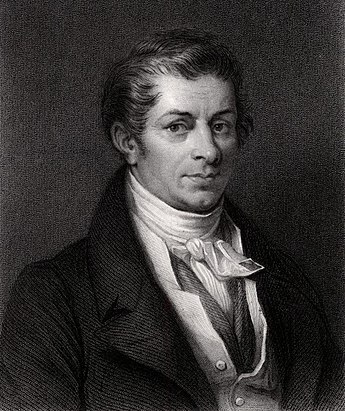Introduction
Throughout the West, populist political parties are challenging the status quo. In response, political parties on both the Left and the Right claim that the populist challenges, many of which look to national histories and cultures for inspiration, are a “threat to democracy.” The established parties warn against “ethnocentrism,” which they claim fosters racism, stereotyping, discrimination, or xenophobia. Most likely, unless a credible alternative is offered, these political debates will continue for years.
One credible alternative is “personalist nationalism.” In his classic 1871 book, Democratic Vistas, America’s Walt Whitman espoused a personalist nationalism. He focused on the quality of Being, according to a person’s “own central idea and purpose.” He proposed a “healthy average personalism . . . the object of which should be to raise and supply through the States a copious race of superb American men and women, cheerful, religious, ahead of any yet known.”[1] For Whitman, it is only in the national context that a person can realize his or her true self: “The literature, songs, and esthetics of a country are of importance principally because they furnish the materials and suggestions of personality for the women and men of that country, and enforce them in a thousand effective ways.”[2]
Similarly, in a 1980 speech to the United Nations Educational, Scientific and Cultural Organization, known as UNESCO, Pope John Paul II explained how culture is the specific way of man’s existing and being. “Man always lives according to a culture which is specifically his, and which, in its turn, creates among men a tie which is also specifically theirs, determining the inter-human and social character of human existence.”[3]
Pope John Paul II urged UNESCO delegates:
"[W]ith all the means at your disposal, watch over the fundamental sovereignty that every Nation possesses by virtue of its own culture. Cherish it like the apple of your eye for the future of the great human family. Protect it! Do not allow this fundamental sovereignty to become the prey of some political or economic interest. Do not allow it to become a victim of totalitarian and imperialistic systems or hegemonies."[4]
This pillar of Global Governance Watch, provides resources in four areas critical to the success of personalist nationalism: Law and Liberty, Law and Religion, Law and Sovereignty, and Law and Economics.
[1] Walt Whitman, Democratic Vistas (1871), in Specimen Days, Democratic Vistas, and Other Prose, R. Shafer, ed. (Doubleday-Doran, New York) (1935), 294-295
Law & Economics
In his book Capitalism, Socialism, and Democracy (1942), the Austrian economist Joseph Schumpeter argues that capitalism’s success would eventually lead to its demise. According to him, capitalism engenders the rise of an intellectual class that fosters social unrest by attacking the very capitalist institutions (e.g.: private property, market economy) that enabled their existence in the first place.
Similarly, in his 1944 classic The Road to Serfdom, the Austrian economist Friedrich Hayek warned how central planners undermined private property and the market economy:
"Instead of designing the most rational permanent framework within which different persons can conduct their various activities according to their individual plans, modern planners demand a central direction of all economic activity according to a single plan, laying down how the resources of society should be “consciously directed” to serve particular ends in a definite way. . . . The politics which are now followed everywhere, which hand out the privilege of security, now to this group and now to that, are nevertheless rapidly creating conditions in which the striving for security tends to become stronger than the love of freedom."[1]
Yet, as the German economist Wilhem Ropke explained in A Humane Economy: The Social Framework of the Free Market (1958), the existence of a healthy market economy is predicated on a moral ecology. Without broader societal appreciation for hard work, thrift, and the rule of law, a healthy market economy is unsustainable in the long term. Those societal norms underpinning the market economy should be embodied and reinforced by the elites, whose primary role should be to cement standards of ethical behavior and cultural excellence in society.
[1] Friedrich Hayek, The Road to Serfdom (1944)


